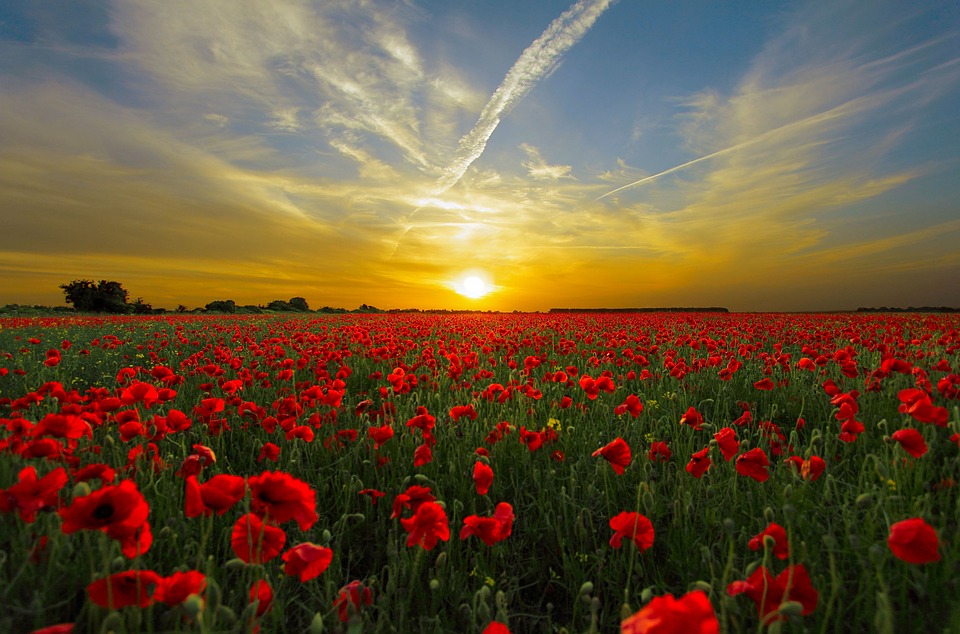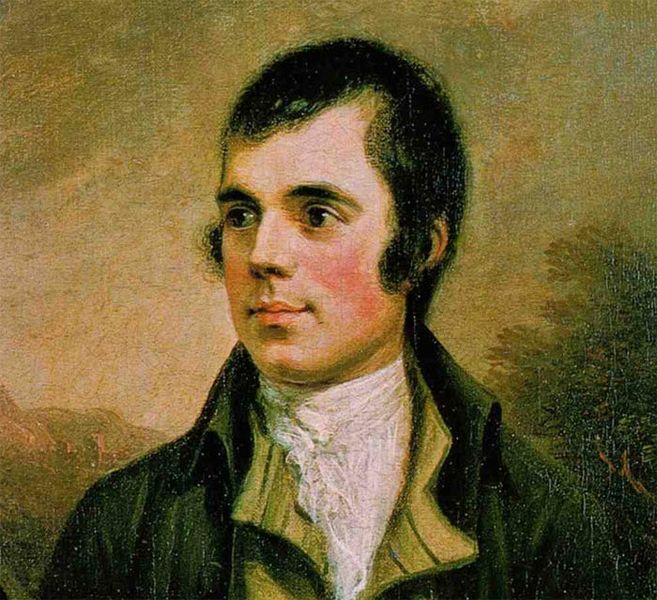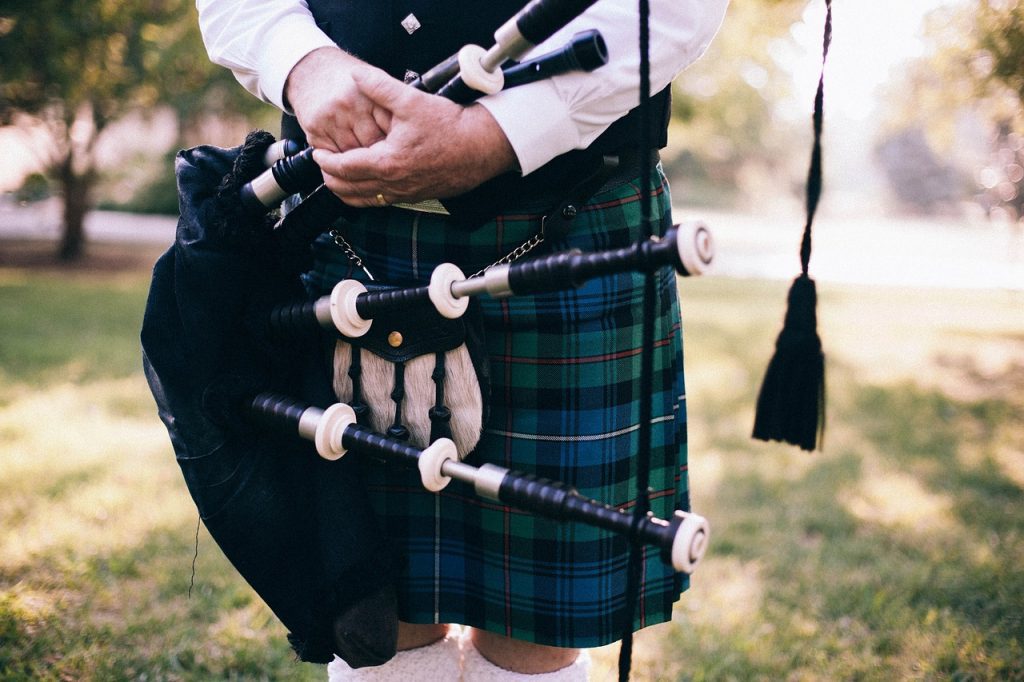Are you enjoying the cold snap? With the thermometer diving towards zero across the UK, it’s time to think about winter weather vocabulary. There are many ways to describe a cold day – certainly useful when living in a northern climate!
From cool to chilly to freezing, whether the wind is breezy, blustery or gale-force – with or without a downpour – cold weather vocabulary is always handy at this time of year. Read on to explore the English vocabulary you need to talk about the cold weather. Continue reading





![1. Dancers at the annual Cinco de Mayo Festival in Washington, D.C. by dbking (originally posted to Flickr as IMG_5269) [CC BY 2.0 (https://creativecommons.org/licenses/by/2.0)], via Wikimedia Commons Cinco de Mayo EFL Lesson - Mexican dancers](https://www.myenglishlanguage.com/wp-content/uploads/2016/05/cinco-de-mayo-dancers.jpg)




